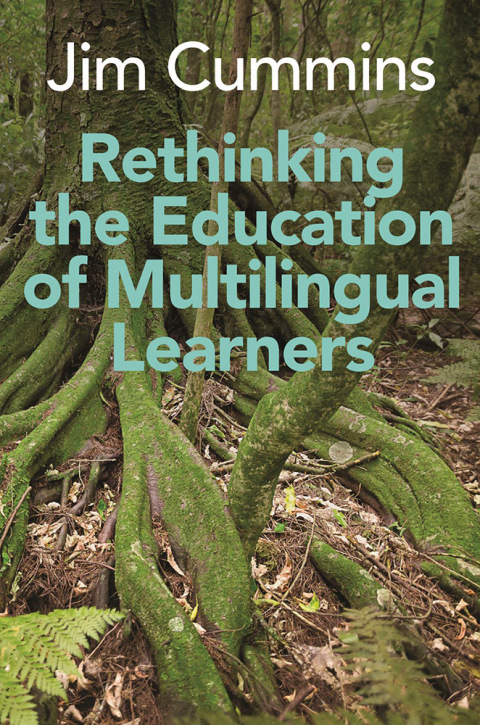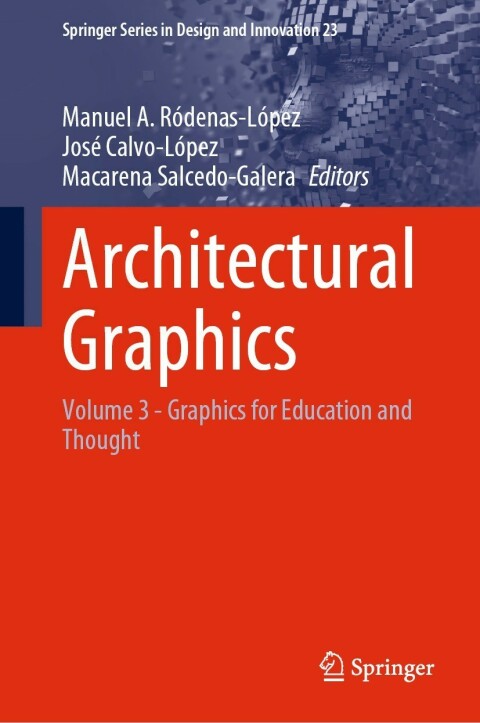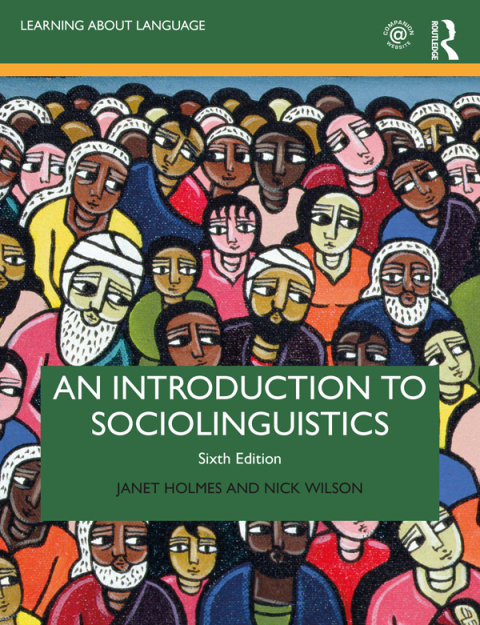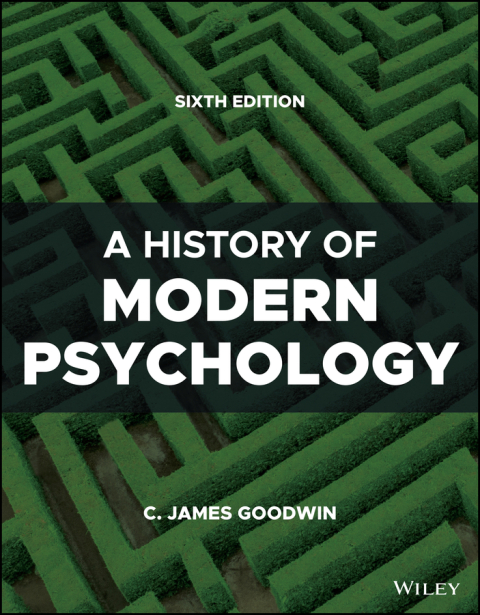Description
Efnisyfirlit
- Cover-Page
- Half-Title
- Series
- Title
- Copyright
- Contents
- Acknowledgements
- Foreword
- Series Editor’s Preface
- Preface
- Orientation towards Theory and Instructional Practice
- The Centrality of Teacher Agency
- Terminology
- Outline and Structure
- The Goal of the Book: Constructive and Critical Dialogue
- Part 1: Evolution of a Theoretical Framework: A Personal Account
- Introduction
- 1. Core Ideas and Background Influences
- The Framework in a Nutshell
- Early Influences
- 2. Resolving Contradictions: Cognitive Consequences of Bilingualism
- Initial Formulation of the Threshold Hypothesis
- Recent Research on Bilingual Cognitive Advantages and the Threshold Hypothesis
- Implications for Language Policy and Classroom Instruction
- 3. Linguistic Interdependence: Accounting for Patterns of Bilingual Academic Development
- The Skutnabb-Kangas and Toukomaa UNESCO Report
- Problematic Characterisations of Language Proficiency and Literacy Development
- Initial Theorising of Linguistic Interdependence
- Evolution of the Construct of Linguistic Interdependence
- Recent Research on Linguistic Interdependence
- Implications for Language Policy and Classroom Instruction
- 4. Language Proficiency and Academic Achievement
- Evolution of the Conversational/Academic Language Distinction
- Clarification and Elaboration of the BICS/CALP Distinction
- Academic Language Proficiency: Theory and Practice in Dialogue52
- Initial Critiques of the BICS/CALP Distinction
- Implications for Language Policy and Classroom Instruction
- 5. Power Relations in School: Constructing or Constricting Identities?
- Bicultural Ambivalence
- Ogbu’s Minority Group Typology
- Challenging the Disabling Structure of Societal Power Relations
- Human Relationships Are at the Heart of Schooling
- Language Pedagogy and Empowerment
- Identity Texts: Affirmative Showcasing of Students’ Identities
- Promoting Collaborative Relations of Power in the Context of Broader Pedagogical Orientations
- Project FRESA: Illustrating the Empowerment Framework
- Implications for Language Policy and Classroom Instruction
- 6. Reversing Underachievement: An Integrated Framework
- Section 1. Analysis of the OECD Pisa Findings
- The 2003 and 2006 OECD Findings Regarding Immigrant Student Achievement
- Predictors of Reading Achievement in PISA and Related Research
- Section 2. Research Reviews Focused on Reversing Underachievement
- Areas of Consensus in the Research Syntheses
- Limitations in the Research Syntheses
- Section 3. An Integrated Framework: Evidence-Based Instruction That Responds to Opportunity Gaps
- Which Students Experience Disproportionate Underachievement?
- Conclusion
- Appendix 6.1 Empirical Support for the Construct of ‘Opportunity to Read’
- Studies Focused on the General School Population
- Studies Focused on L2 Learners
- Part 2: Critical Analysis of Competing Theoretical Claims
- Introduction
- 7. How Do We Assess the Legitimacy of Theoretical Constructs and Claims?
- Research, Theory, Policy and Instructional Practice
- Criteria for Assessing the Legitimacy of Theoretical Constructs and Claims
- Concluding Thoughts
- 8. Is ‘Academic Language’ a Legitimate Theoretical Construct?
- Section 1. Critiques of the Construct of ‘Academic Language’
- Claim 1. Language Proficiency is Independent of Literacy and Academic Knowledge
- Claim 2. Because the Construct of ‘Academic Language’ is Inseparable from the Construct of ‘Standard Language’, Educational Policies and Instructional Practice that Position Academic/Standard Language as Superior to Nonstandard Varieties of Language Stigmatise Minoritised Students’ Spoken Varieties of L1 and L2
- Claim 3. The Construct of ‘Academic Language’ Reflects an ‘Autonomous’ Orientation to Language and Literacy that Ignores the Social, Economic and Political Contexts in which Language and Literacy Practices are Embedded
- Section 2. Legitimacy of The Construct of ‘Academic Language’: Empirical, Theoretical and Instructional Perspectives
- Uccelli and Colleagues’ Core Academic Language Skills (CALS)
- Hulstijn’s Theory of Basic and Extended Language Cognition
- Wong Fillmore’s Instructional Exploration of Academic Language
- Section 3. To What Extent are Recent Critiques of the CALP/BICS Distinction Valid?
- Is There a Fundamental Difference between Defining CALP in Terms of ‘Proficiency’ as Compared to Defining it in Terms of ‘Register’?
- Does the Construct of CALP Imply that School Language is Inherently More Complex or Enriching, or Superior to BICS, and are Learners Who Develop Less Expertise in Using Academic Language Registers Cognitively Deficient?
- Does CALP Privilege Certain Class-Based Varieties of Language, Specifically the Language of ‘Educated Classes’?
- Does CALP Conflate Language Proficiency, Academic Achievement and Cognitive Functioning?
- To What Extent does the Construct of CALP Ignore or Unintentionally Obscure the Fact that Task-Oriented Talk is a Crucial Component of Academic Engagement?
- To What Extent is CALP ‘Context-Independent’ and a ‘Prerequisite’ for Participating Successfully in Academic Tasks?
- Concluding Thoughts
- 9. Are ‘Linguistic Interdependence’ and the ‘Common Underlying Proficiency’ Legitimate Theoretical Constructs?
- Section 1. Recent Research Supporting Crosslinguistic Interdependence
- Spanish and English Core Academic Language Skills are Interdependent Among Students in Dual Language Programmes
- Inuktitut Proficiency at Grade 3 Predicts Grades 4–6 Growth in French and English Proficiency
- L1 Listening Comprehension Predicts L2 Reading Comprehension Among Russian- and Turkish-Speaking Students in Germany
- In Trilingual Contexts, Interdependence of Academic Language Proficiency Occurs Across the Three Languages in Multidirectional Ways
- Kindergarten Students’ L1 Proficiency Predicts Later L2 Academic Development
- Deaf Children’s Development of Proficiency in a Natural Sign Language Predicts the Development of Reading and Writing Skills in the Dominant School Language
- Migrant Students’ L1 Literacy Skills Predict School Literacy Skills in Switzerland
- Section 2. Theoretical Critique: Does Linguistic Interdependence Imply a Monoglossic Orientation to Multilingualism?
- Most Dynamic Models of Multilingualism Do Not Reject the Construct of ‘Languages’
- Empirical Adequacy: There is Strong Empirical Support for the Common Underlying Proficiency Construct and Teaching for Crosslinguistic Transfer
- Logical Coherence: The Binary Dichotomies of Monoglossic/Heteroglossic and Language/Translanguaging Oversimplify and Distort Dynamic Crosslinguistic Relationships
- Consequential Validity: ‘Shedding’ the Concept of Crosslinguistic Transfer Yields no Pedagogical Gains
- Section 3. Suggested Modifications and Qualifications to the Linguistic Interdependence Hypothesis
- Prevoo and Colleagues (2015)
- Genesee and Colleagues (2006) and Geva (2014)
- Proctor and Colleagues (2010, 2017)
- Meta-Analytic Studies of Linguistic Interdependence
- Concluding Thoughts
- Appendix 9.1 The Centrality of ‘Opportunity to Learn’ in Assessing L1/L2 Interdependence
- To What Extent is There Counterevidence to the Interdependence Hypothesis?
- Degree of Interdependence Reflects Context, Time, Exposure and Measurement
- Conclusion
- 10. Unitary Translanguaging Theory and Crosslinguistic Translanguaging Theory: A Comparative Analysis
- Section 1. Evolution of Translanguaging Theory
- Origins in the Welsh Context
- Elaboration of the Construct by García and Colleagues
- Contradictory Origins of Unitary Translanguaging Theory
- Dissenting Voices
- Section 2. Unitary and Crosslinguistic Theoretical Orientations
- To What Extent are Interpersonal and Pedagogical Translanguaging Legitimate Constructs?
- To What Extent does UTT Meet the Criteria of Empirical Adequacy, Logical Coherence and Consequential Validity?
- Section 3. The Role of Translanguaging in Recent Multilingual Education Frameworks
- Flexible/Functional Conceptions of Multilingualism in Education
- Holistic Conceptions of Multilingualism in Education
- The Council of Europe’s Construct of Plurilingualism
- Hornberger’s Continua of Bi/Multiliteracy
- Summary: Recent Multilingual/Plurilingual Frameworks are Consistent with CTT
- Concluding Thoughts
- Part 3: Instructional Practice in Dialogue with Theoretical Concepts
- Introduction
- Actuality Implies Possibility
- Teachers as Knowledge Generators
- 11. Teachers as Knowledge Generators: Learning from Inspirational Pedagogy
- Section 1. Teaching Through a Multilingual Lens: Four Categories of Instructional Initiative
- Simple Everyday Practices to Make Students’ Languages Visible and Audible Within the School
- Students Use Their Home Languages for Reading, Research, Note-Taking and Other Academic Work
- Teachers and Students Use Technology in Creative Ways to Build Awareness of Language, Geography and Intercultural Realities
- Dual Language Project Work
- Section 2. Crosslinguistic Pedagogy Prior to the Emergence of Translanguaging
- Initial Challenges to Linguistic Separation
- Early Examples of Crosslinguistic Instruction in the United States
- Early Examples of Crosslinguistic Instruction in the European Context
- Early Examples of Crosslinguistic Instruction in Canada
- Section 3. Translanguaging Theory as a Catalyst for the Expansion of Crosslinguistic Pedagogy
- Linguistically Appropriate Practice (LAP)
- L’AltRoparlante project
- Resisting Dominant Discourses in a French Preschool
- Section 4. Practice Meets Theory: Voices of Teachers And Students
- Multiliteracies Project Teacher Perspectives
- Multiliteracies Project Student Perspectives
- Songide’ewin Project Student Perspectives
- Concluding Thoughts: Beyond Panaceas and Scapegoats
- Appendix 11.1: A Sampling of Crosslinguistic/Translanguaging Instructional Initiatives and Identity Texts Implemented in Canadian and International Contexts 2000–2020
- Canada
- Europe
- India
- Japan
- Mexico
- United Kingdom
- United States
- About the Author
- References
- Index






Reviews
There are no reviews yet.